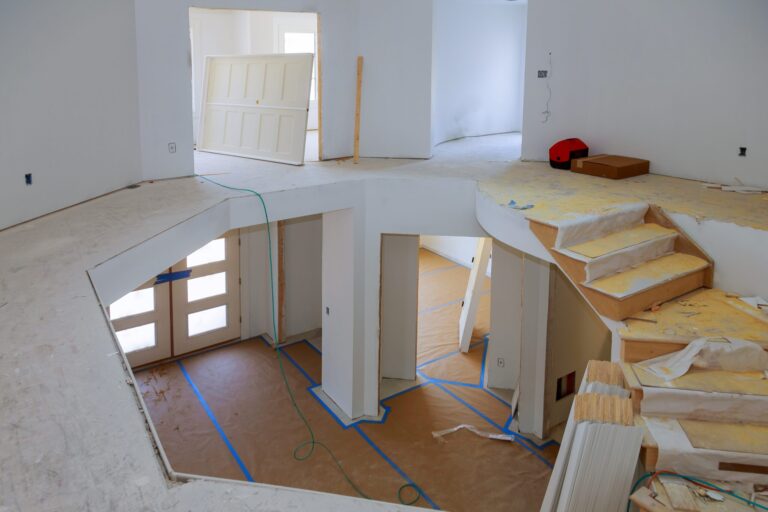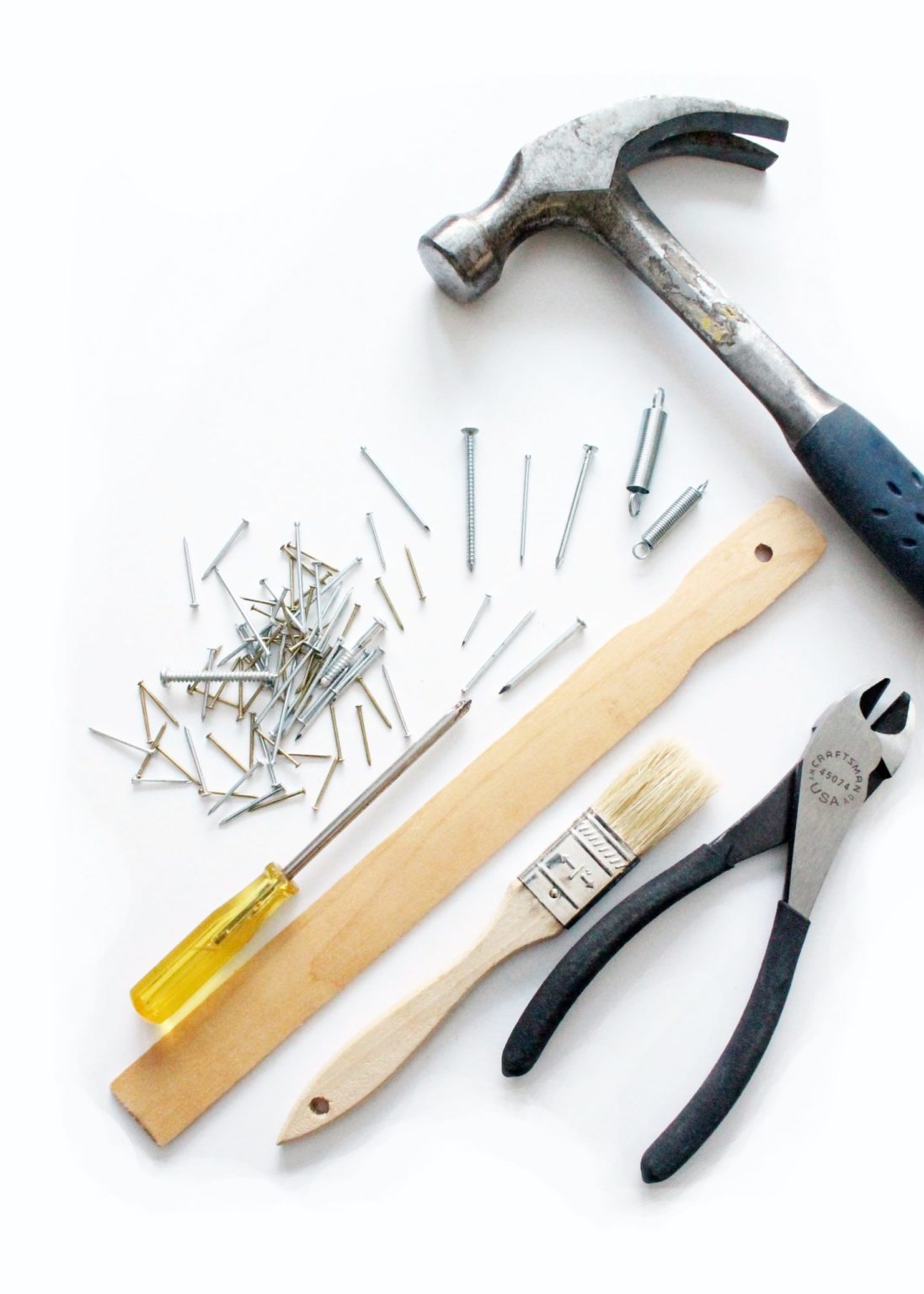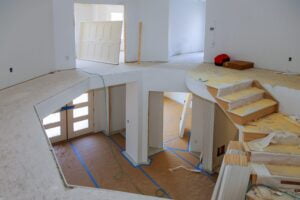Buying a new home is an exciting time. New homeowners have so much to look forward to including the expanded ability to make structural and decorative changes to the living space within the home that may not have been a foregone conclusion in a previous rental property. Homeowners enjoy a unique series of freedoms that are only just being discovered by a large portion of the United States’ population. First time home buyers are getting older in the U.S. and around the world — averaging out at 33 in the United States.
But moving into your own home that you may exert discretionary control over comes at a cost. Of course, there are income ratio calculations to be done and the down payment and interest rate associated with your mortgage loan and monthly payments to your lender, but homeowners also have to contend with repairs all on their own.
Avoiding costly repairs all at once takes a bit of preplanning and research during the buying phase of your journey into becoming a borrower beyond your credit cards and student loan debt and through the homeownership that follows. But it remains a viable path forward for many homeowners all over the country.
Go into the buying process with a checklist and a plan.

Keeping a checklist of issues to keep an eye out for during your search for a property to purchase is crucial to making the most of your move. Targeting high-cost amenities that cause symptoms of bad air quality, energy efficiency issues, and leaks are the best way to make a smart buying decision for your future. Beginning with the air conditioning unit is often a great way to identify the overall air quality within the home and the quality of other upgrades made by the current homeowner. Neglect of this crucial HVAC system suggests a thorough state of disrepair among other amenities and systems within the home.
Identifying properties with poor air quality or aging air conditioning systems that aren’t up to the task of providing comfortable indoor air over the long run in order to remove them from your long list is a great way to narrow your search down to the only properties that fit what you are really looking for. An HVAC system should last you fifteen or more years, but if any of these years were spent without routine maintenance work done by a trusted AC unit technician then this all-important system could become a ticking time bomb that will force you to part with much of your hard-earned cash.
Knowing this in advance is a great way to defray the costs of a new air conditioner right after moving into your new home. However, some buyers choose to go ahead with an offer of a down payment on a home, citing this air conditioner issue as a reason for seeking a price reduction. Baking the cost of a new HVAC system, or extensive repairs, into the offer is often a great way to close on a house you love while also roping a discount that will be applied toward the cost of essential improvements.
Keep up with your emergency savings account.

Keeping an emergency savings account is a great way to mitigate the costs of a sudden repair need and manage your financial situation in the long run. Many people ask how this can be done; buying a house while you’re in debt has become the new normal, after all. Lenders typically like to see a 10 or 20% down payment as well as an immediate start to the monthly payments, so keeping up with your credit score and savings goals can be a challenge in the first months of homeownership.
However, the good news is that there are many options for consolidating personal loans, student debt, car loans, and credit card debt. The smart play is to begin saving for these challenges in the six to twelve months leading up to approaching a lender for a mortgage loan. By taking control of your savings and debit bank accounts, as well as your credit score and any revolving debts that you currently owe you can get well ahead of any future hole that a repair need might otherwise put you in.
Managing repairs and debt is something that homeowners must balance as they transition from renter to buyer. But this change is something that can easily be accomplished with a bit of foresight.











